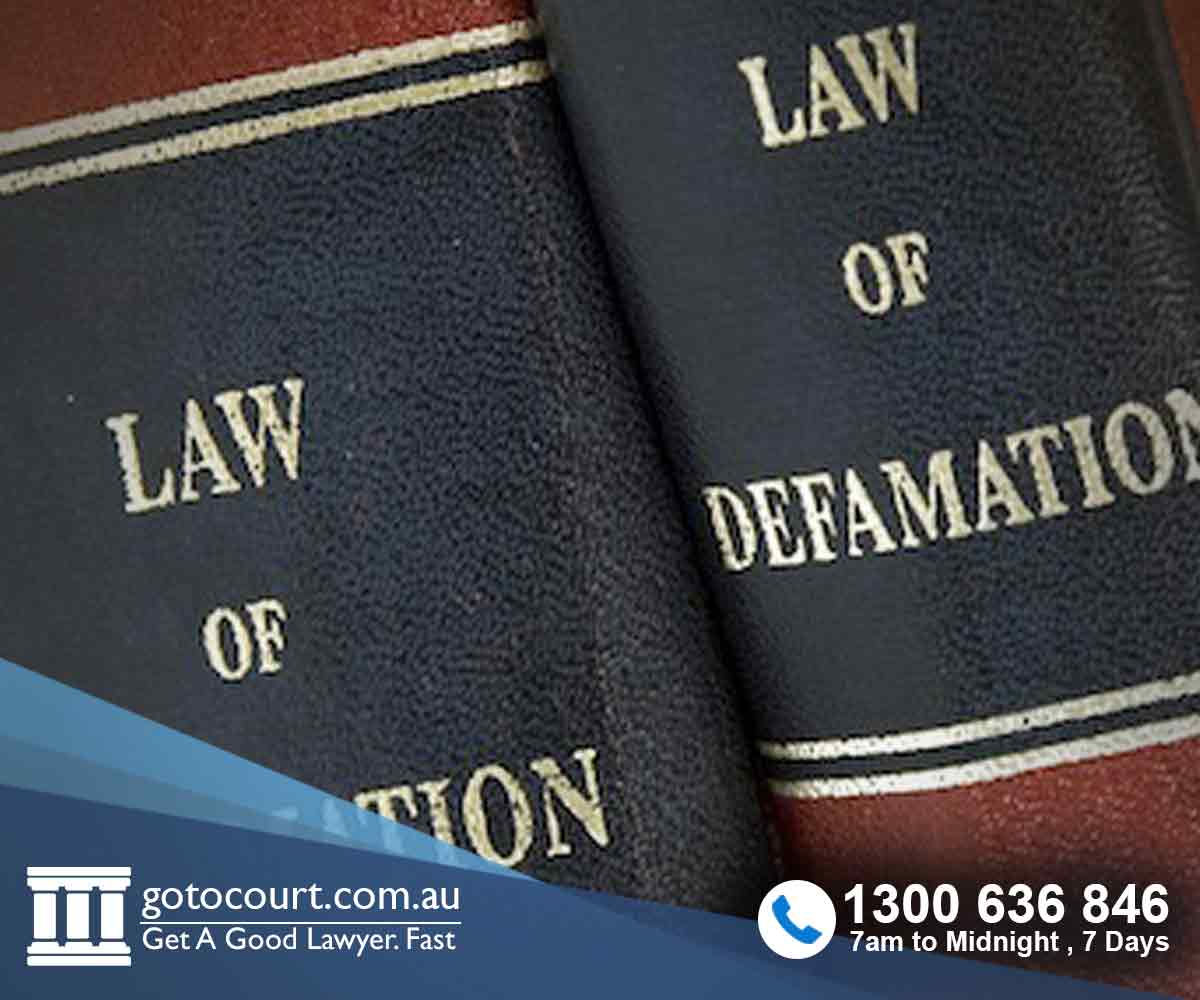Defending A Will (NT)
In the Northern Territory, the phrase “defending a will” can have several different meanings. There are several legal actions that can be brought against a deceased estate, and someone must be responsible for defending the will or estate in those circumstances. The two most common examples are: defending the validity of a will from a challenge; and defending the contents of a will from a Family Provision Claim. The person responsible for defending a will is the deceased’s personal representative (either the named executor or an appointed administrator). This article explains the nature of defending a will in the Northern Territory.
Defending The Validity Of A Will
An executor usually applies to the Supreme Court for a Grant of Probate to recognise the validity of a will and their own authority to administer the estate. At this time, other parties can file a caveat to halt probate and legally challenge the validity of the document on the basis of:
- The will-maker’s lack of mental capacity;
- The will-maker’s lack of approval or knowledge of the will; and
- Undue influence, forgery or fraud invalidating the will.
The executor can seek to set aside the caveat, at which point the Supreme Court will hold a hearing on the validity of the will. At this hearing, the executor defends the will by presenting evidence of its validity, such as proof of the testator’s testamentary capacity. The executor is responsible for defending the will from these accusations to the best of their ability and knowledge. If a challenge is made after a will is probated, then the executor or administrator is defending probate.
In the event that the will is found to be invalid, an earlier valid will can be probated. When there is no previous valid will, the estate is administered according to Northern Territory intestate succession law.
Defending A Will’s Provisions
The personal representative is also responsible for defending the estate from Family Provision Claims. Eligible parties can contest a will in the Northern Territory under the Family Provision Act 1970. It is the executor or administrator’s duty to uphold the provisions of the deceased’s will in the face of such a claim. However, an executor also has a responsibility to act reasonably and negotiate a compromise where warranted. For instance, the personal representative should not incur costs to the estate in defending a claim that would likely be found valid in a court hearing. An executor should make an assessment on the strength of a claim given the following considerations:
- The type of relationship that the claimant had with the deceased;
- The size and value of the deceased estate;
- The extent of the claim and the claimant’s financial circumstances and needs; and
- The evidence supporting or undermining the claim.
As executors are usually not legally trained, they should obtain legal advice to assess how best to resolve the dispute while minimising legal costs. In fact, the executor or administrator can be held personally liable for financial loss suffered by the beneficiaries if they do not secure competent legal advice and consult with the other beneficiaries of the estate before going to court.
Should the personal representative feel that the claim is spurious or extreme, they may need to go to court to defend the estate. In that case, they are obliged to supply the court with evidence. This might include details about the net value of the estate, the financial circumstances of existing beneficiaries and other claimants and a rebuttal of the claimant’s entitlement to further provision. The personal representative may also need to gather evidence of the relationship between the deceased and the claimant. For instance, this might include evidence of a lack of recent contact between the deceased and the claimant, and evidence of the deceased’s reasoning in leaving less provision to the claimant in their will.
Defending A Will: Other Considerations
It is sometimes also necessary to defend a will from challenges to the construction of the will, the rule of ademption, the forfeiture rule, a power of attorney dispute, revocation of probate or administration and distribution dispute. In these cases, it is wise to seek specialist legal assistance.
Costs Of Defending A Will In NT
A person defending a will in the Northern Territory does not personally pay the costs associated with the action. However, if the executor or administrator acts unreasonably in refusing to negotiate, the court may order that they cover the costs themselves. As such, it is essential that a person in charge of an estate only defend the will when it is reasonable to do so.
Regardless of the nature of the dispute, the parties should consider the option of settling to save the estate further costs of litigation. An experienced solicitor can help negotiate a reasonable outcome or, if necessary, provide legal representation during a court hearing. The team at Go To Court Lawyers can provide advice on defending a will in the Northern Territory. Please contact our offices on 1300 636 846 for representation on this issue or any other legal matter.








